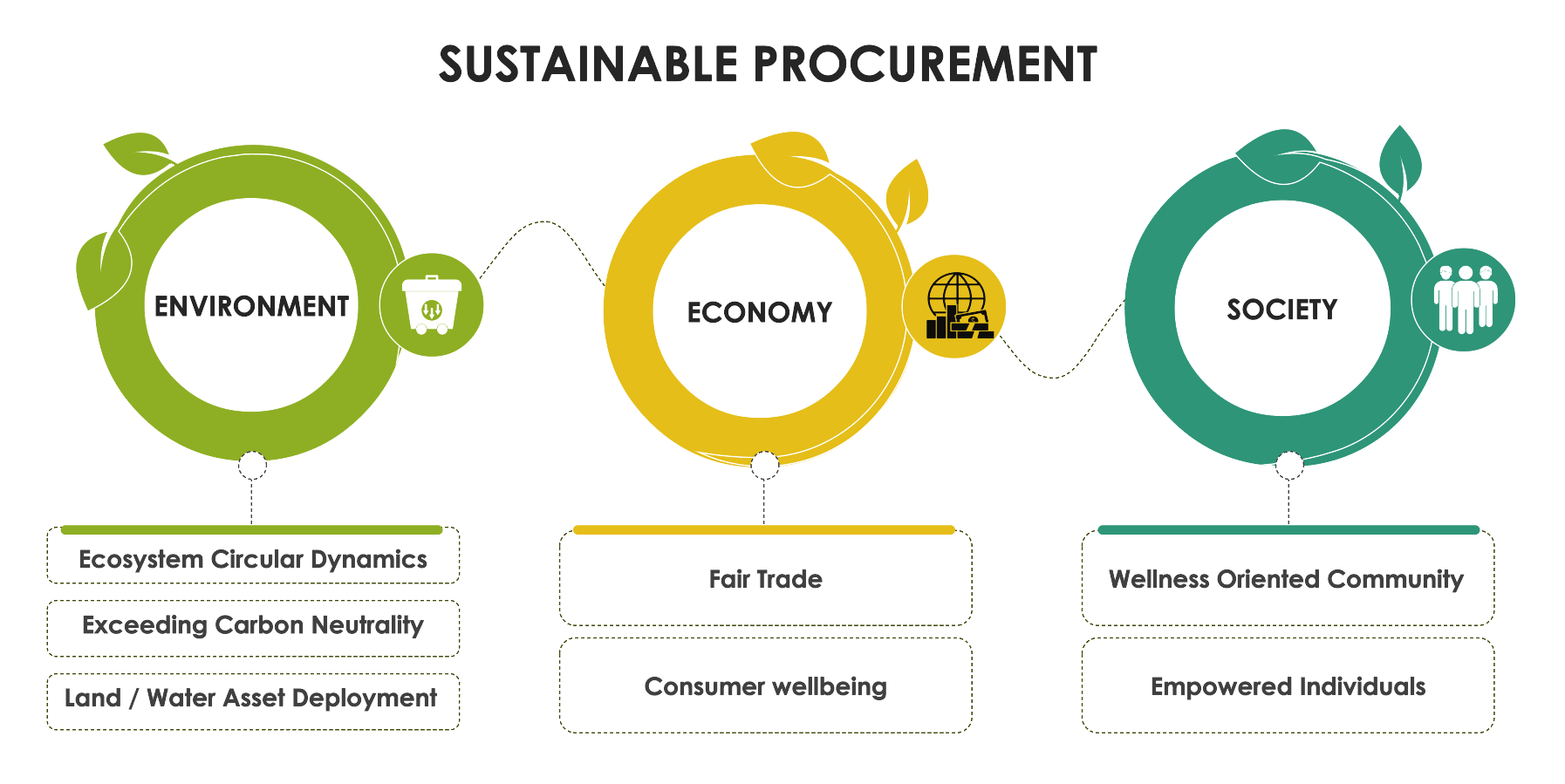While embedding ESG principles into procurement processes is now essential for long-term success, organisations must navigate the associated risks carefully. By fostering collaboration with suppliers and investing in training, procurement teams can drive meaningful change while mitigating potential pitfalls.
As businesses increasingly recognise the significance of Environmental, Social, and Governance (ESG) factors, procurement teams are taking the lead in driving sustainability initiatives. However, integrating ESG into procurement strategies is certainly not without its challenges.

Navigating the complex landscape of regulations related to sustainability can be daunting for procurement teams, as they must ensure compliance with both local and international standards that can vary significantly. Additionally, not all suppliers are prepared to meet stringent ESG criteria, which can result in supply chain disruptions if key partners fail to comply with these requirements.
Furthermore, implementing sustainable practices often necessitates upfront investments, compelling procurement teams to balance these costs against potential long-term savings and benefits. The increasing pressure from stakeholders for transparency and accountability in ESG practices also creates challenges in reporting and performance measurement.
Embedding ESG principles into procurement processes is essential for long-term success. Organisations must navigate the associated risks carefully, fostering collaboration with suppliers and investing in training to drive meaningful change while mitigating the potential pitfalls. Adopting this proactive approach not only enhances compliance but also strengthens supplier relationships and promotes a culture of sustainability within the organisation.
Clearly the integration of ESG factors into procurement is not just a trend but is rapidly becoming an imperative in business practices. Companies that prioritise sustainability will find themselves at a competitive advantage as consumers increasingly favour environmentally responsible brands. By embracing these principles, organisations can contribute to a more sustainable future while simultaneously achieving their business objectives and competitive advantage.
Procurement teams are taking the lead in driving sustainability initiatives, however, integrating ESG into procurement processes and strategies is not without its challenges and it is critical that these are identified and carefully navigated. How is your organisation embedding ESG principles in procurement? Share your insights below

